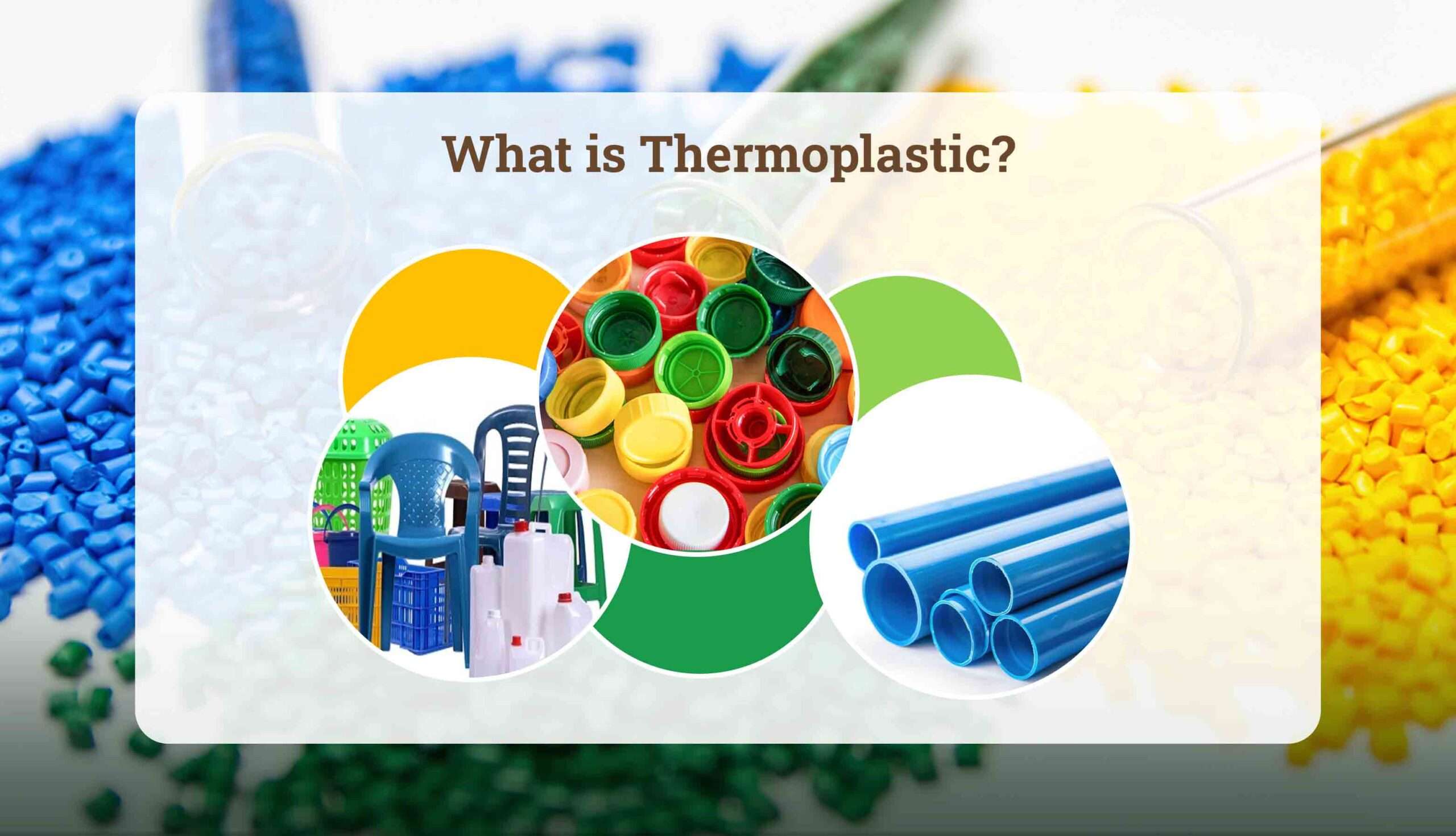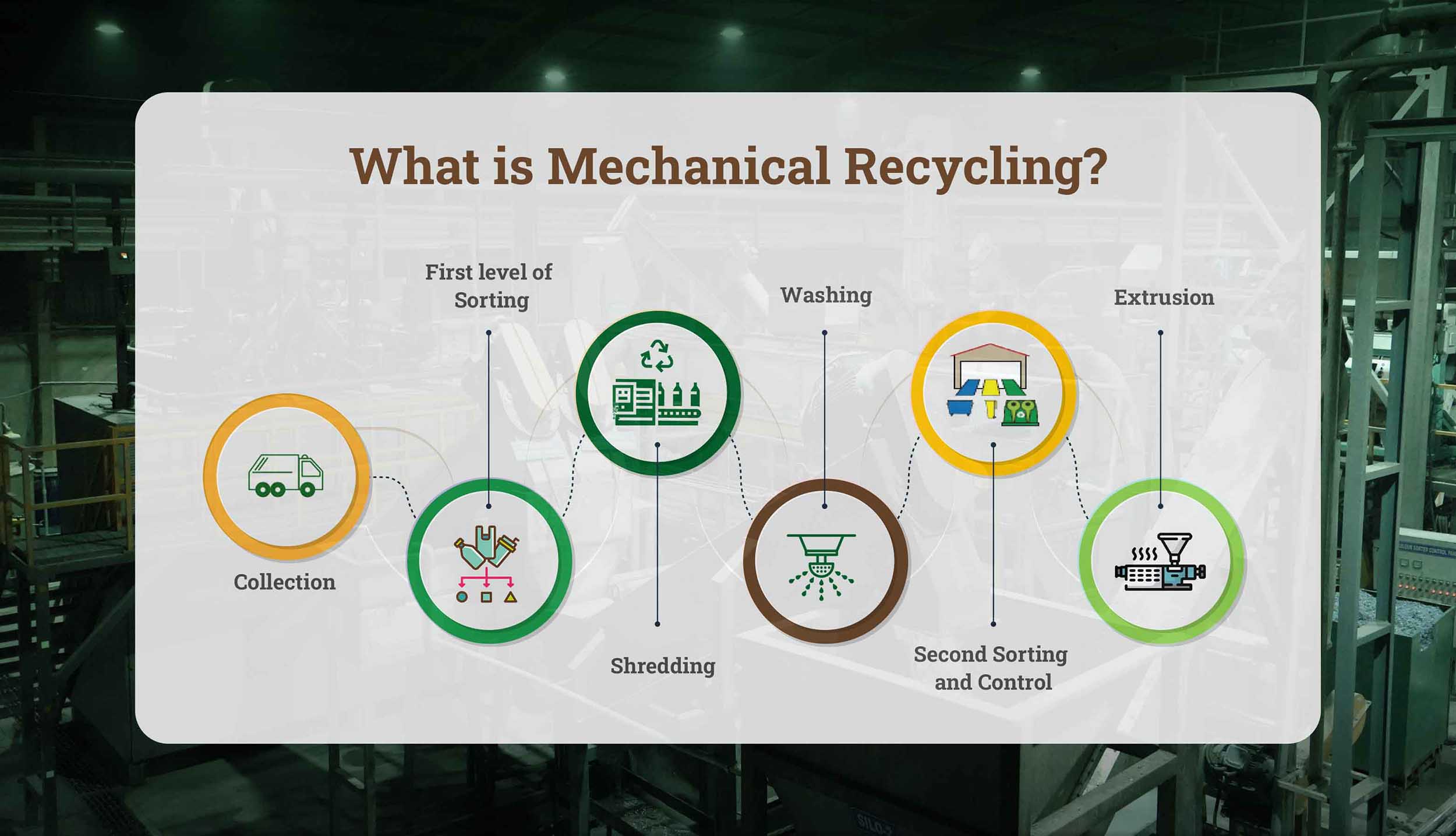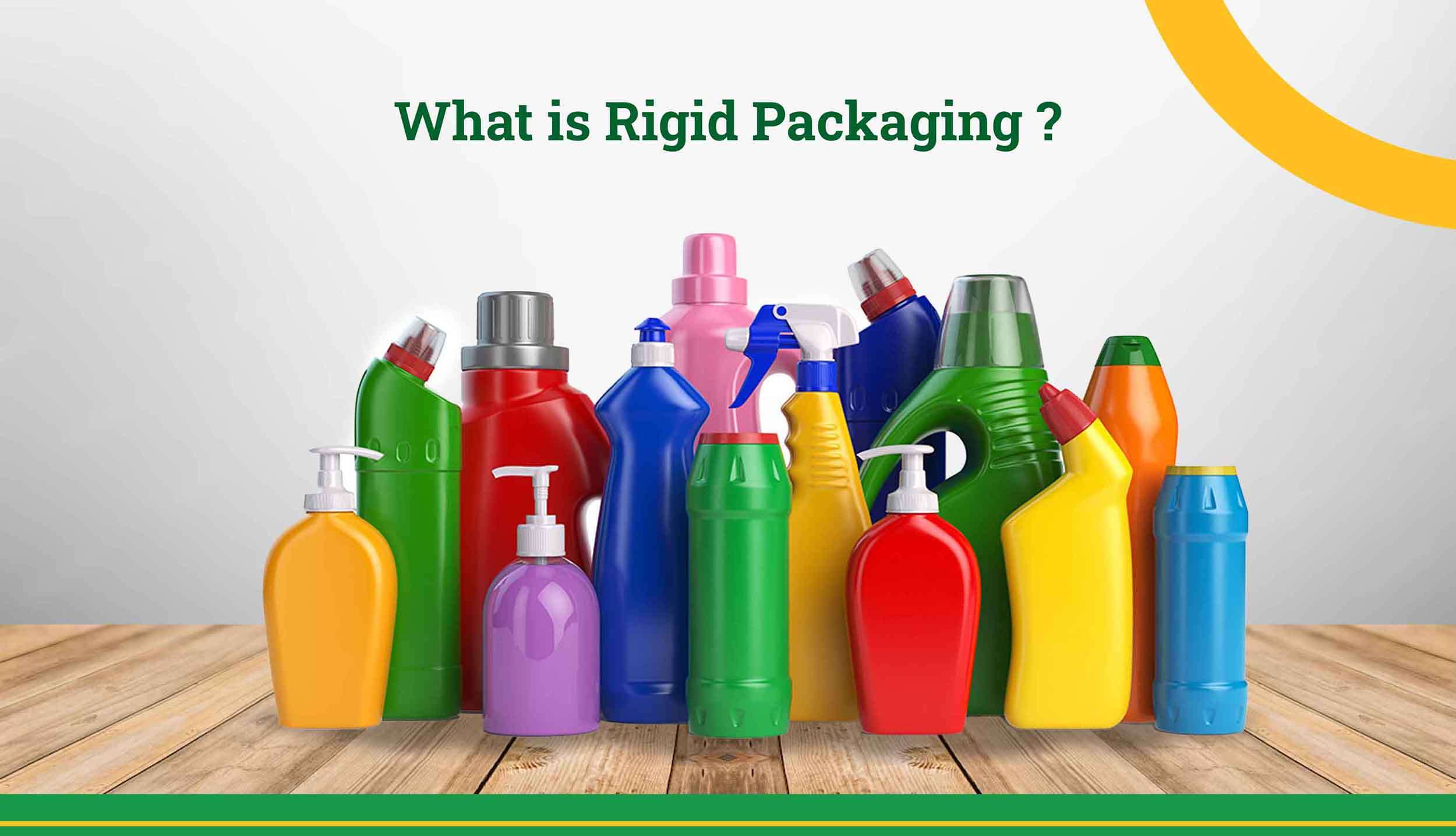With an acute sense of awareness and advancements in technology, we are at the brink of a plastic pollution crisis in our oceans. To handle the effect of plastic waste, we need to innovate collectively and create a seismic shift in our approach to plastic use and disposal.
What is Plastic Waste?
The effects of plastic in our seas is not just a surface-level issue; it permeates all layers of marine ecology. Plastic pollution in the ocean will have long term repercussions, from the surface water to the darkest of maritime trenches.
The Impact of Plastic Waste on Marine Life
8 million metric tons of plastic is entering our seas on a yearly basis which is comparable to trash collected by a garbage truck every minute. These numbers are steep but only scratches the surface of a complex issue. The numbers may be much higher, with projections showing that it might triple by 2040 if the current trends continue.
The impact of plastic pollution on the environment is multi-fold, impacting not only the marine biological systems but also human habitats. We’re seeing a cascading effect of plastic pollution through marine food networks, with over 700 species known to have come in contact with marine debris.
Global Initiatives to Combat Plastic Pollution
Tending to this crisis requires more than just incremental changes; it requires immense focused effort and a marked shift in how we see plastic. The current approach of “take-make-dispose” is in a general sense unsustainable. We must move to a circular economy for plastics, where the value of plastic waste material is recovered and reused while maintaining quality.
What Can We Do to Help
This shift is not only crucial but a fiscal necessity. The Ellen MacArthur Foundation estimates that 95% of the value of plastic packaging material, worth $80-120 billion annually, is lost after it’s first use. Reclaiming the value through recycling processes and reuse methods could see an increase in economic benefits while also addressing the environmental crisis and reducing the effects of plastic waste. We need a multi-disciplinary approach that includes product design for recyclability, policies such as the extended producer responsibility, increase in consumer awareness with respect to plastic consumption and investment in infrastructure development for collection of plastic waste and effective recycling of plastic.
Recycling and Reusing Plastics
With this context, polyolefins – essentially polyethylene (PE) and polypropylene (PP) – address both an colossal challenge and a enormous opportunity. To reduce the impact of plastic waste, technological innovations, with upgraded sorting and chemical recycling processes must be implemented to tackle mixed plastic waste streams.
Community Inclusion and Advocacy
Our waterbodies, covering more than 70% of our planet’s surface, are the backbone of the Earth’s environment. Effectively managing the plastic waste pollution crisis head-on, would not only mean cleaning up the seas; but shielding the future of our planet and all the life it sustains. The time for incremental change has passed. Today it is critical to act with speed, prioritizing transformative action to address the effects of plastic waste.
FAQ's
What are Microplastics, and Why are They Harmful ?
Microplastics are produced by the breakdown of huge plastic plastic waste. These particles (less than 5 millimeters in estimate), leak through each level of marine environments, from the surface to the ocean. The impacts of plastic pollution in the ocean is concerning since microplastics are bound to be ingested by marine life, subsequently entering the nourishment chain and potentially impacting human wellbeing within the future. The impact of plastic waste pollution is directly related to the increase in microplastics, contributing to increase in pollution on a worldwide scale.
How Does Plastic Waste Affect Marine Life ?
It has been reported that over 700 species of marine animals have come in contact with or have ingested plastic debris. This is especially harmful to not only the marine life but poses an added risk to human health as these micro plastics move up in the food chain.
What Can Individuals Do to Reduce the Effect of Plastic Waste on the Environment ?
Opting for more viable options such as – saying no utilize of single-use plastics, pushing and utilizing reusing where available, and supporting companies who make recyclable packaging to name a few. By supplementing and being aware of the impact of plastic waste on the environment, individuals can diminish the long term effects of plastic pollution.
What Are Some Notable Global Initiatives Against Plastic Pollution ?
One noteworthy shift in attitude is embracing a circular economy for plastics, where the value of plastic material utilized, is protected, the waste produced is minimized, and the material recovered to be utilized once more. These change in attitude, combined with improvements in recycling substantiated with government directives, are basic when it comes to addressing the impact of plastic pollution.
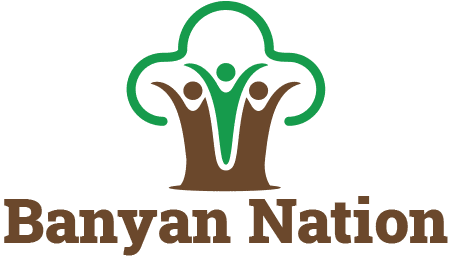
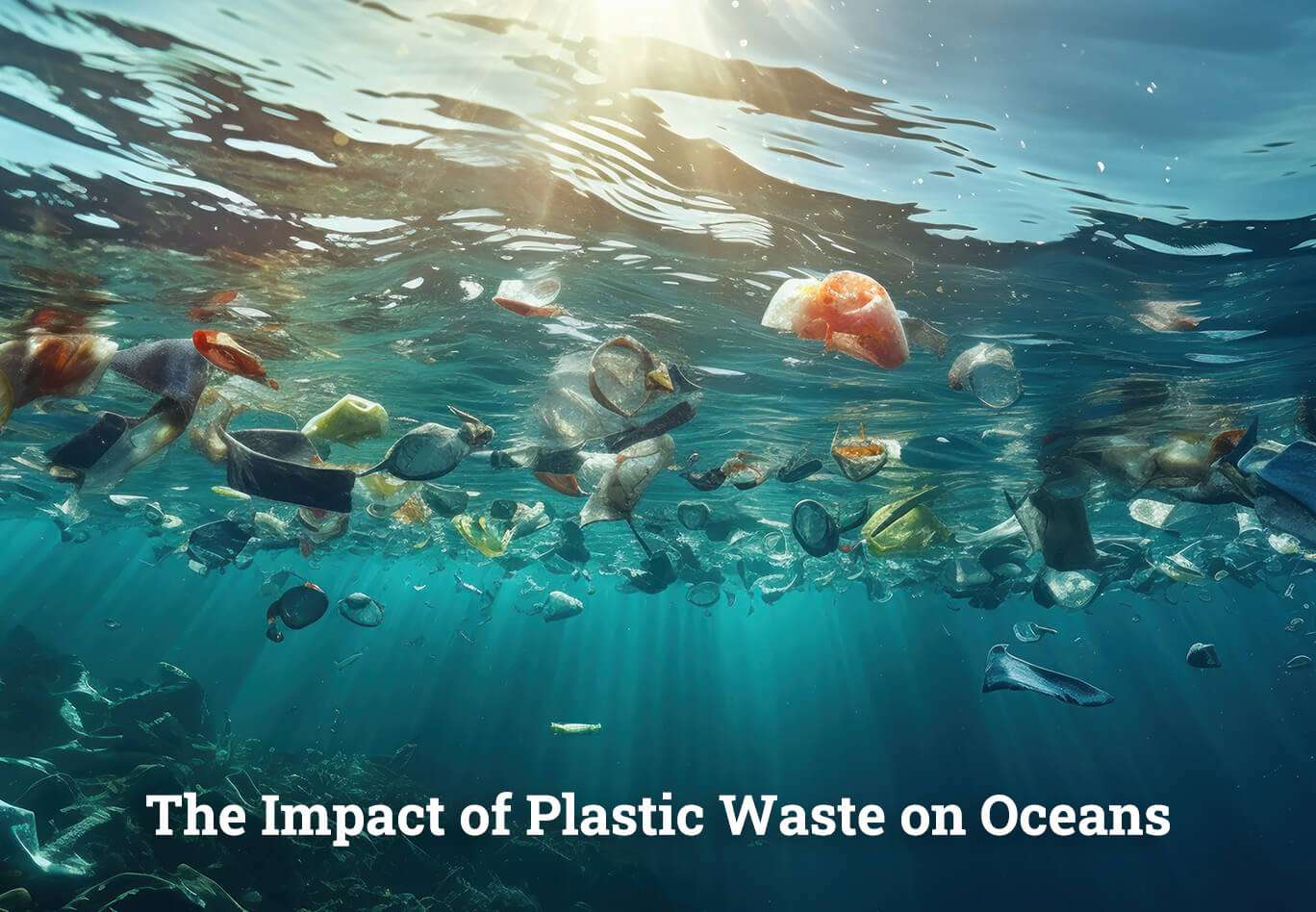
 What is Thermoplastic? Examples & Key Benefits
What is Thermoplastic? Examples & Key Benefits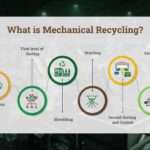 What is Mechanical Recycling? Steps, Benefits & Challenges
What is Mechanical Recycling? Steps, Benefits & Challenges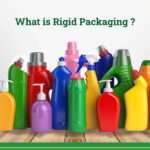 What is Rigid Packaging Its benefits, and Examples
What is Rigid Packaging Its benefits, and Examples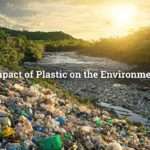 What is the Impact of Plastic on the Environment?
What is the Impact of Plastic on the Environment? 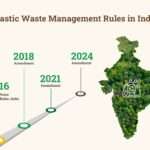 Plastic Waste Management Rules in India
Plastic Waste Management Rules in India
